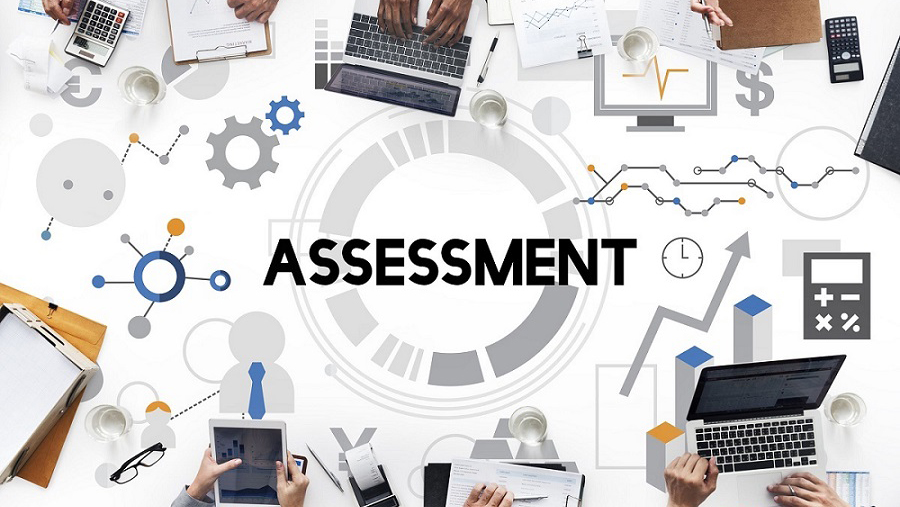The world of work is constantly evolving, with rapid advancements in technology, changing job requirements, and a growing demand for highly skilled individuals. As a result, the landscape of employability assessment is also undergoing a revolution. Employers are seeking innovative ways to assess the capabilities and potential of job candidates, going beyond traditional measures of education and experience. This article explores the evolving landscape of employability assessment, highlighting the need to embrace the future and adapt to new measures in order to navigate the changing seas of the job market.
The Employability Revolution: Embracing the Future of Assessment
In this era of technological advancements and digital disruption, employers are realizing the limitations of traditional assessment methods in accurately predicting an individual’s potential to succeed in a rapidly changing work environment. The employability revolution calls for a paradigm shift in the way candidates are evaluated. Employers are recognizing the importance of assessing not only technical skills but also soft skills, adaptability, and a growth mindset. This shift requires a broader range of assessment tools and methods that can measure a candidate’s ability to learn, innovate, and collaborate effectively.
In embracing the future of employability assessment, employers are turning to innovative approaches such as competency-based assessments, simulations, and gamification. These methods provide a more holistic view of a candidate’s capabilities and enable employers to assess their problem-solving skills, critical thinking abilities, and resilience. By incorporating these assessments into their hiring processes, employers can identify candidates who have the potential to thrive in a dynamic and ever-changing work environment.
Navigating the Changing Seas: Adapting to New Employability Measures
As the demands and requirements of jobs continue to evolve, so do the measures of employability. Employers are now placing greater emphasis on assessing a candidate’s potential and transferable skills rather than solely relying on formal qualifications. They are looking for individuals who can adapt and learn quickly, who possess strong emotional intelligence, and who can effectively navigate complex and ambiguous situations. To meet these changing demands, job seekers must be proactive in developing and showcasing their skills and capabilities outside of traditional education pathways.
In order to navigate these changing seas, job seekers should actively seek opportunities for continuous learning and development, both within and outside of their chosen fields. This includes participating in online courses, attending workshops and conferences, and engaging in volunteer work or internships. Additionally, job seekers should focus on honing their soft skills, such as communication, collaboration, critical thinking, and adaptability. By demonstrating a commitment to continuous learning and possessing a diverse skill set, job seekers can position themselves as valuable assets to employers in an ever-evolving job market.
The landscape of employability assessment is undergoing a significant transformation, driven by the need to identify individuals who can thrive in a rapidly changing work environment. Employers are seeking candidates who possess a combination of technical skills, soft skills, and a growth mindset. To succeed in this evolving landscape, both employers and job seekers must embrace the future of assessment and adapt to new measures. By incorporating innovative assessment methods and actively pursuing continuous learning and development, individuals can position themselves as highly employable and resilient in the face of an ever-changing job market.

